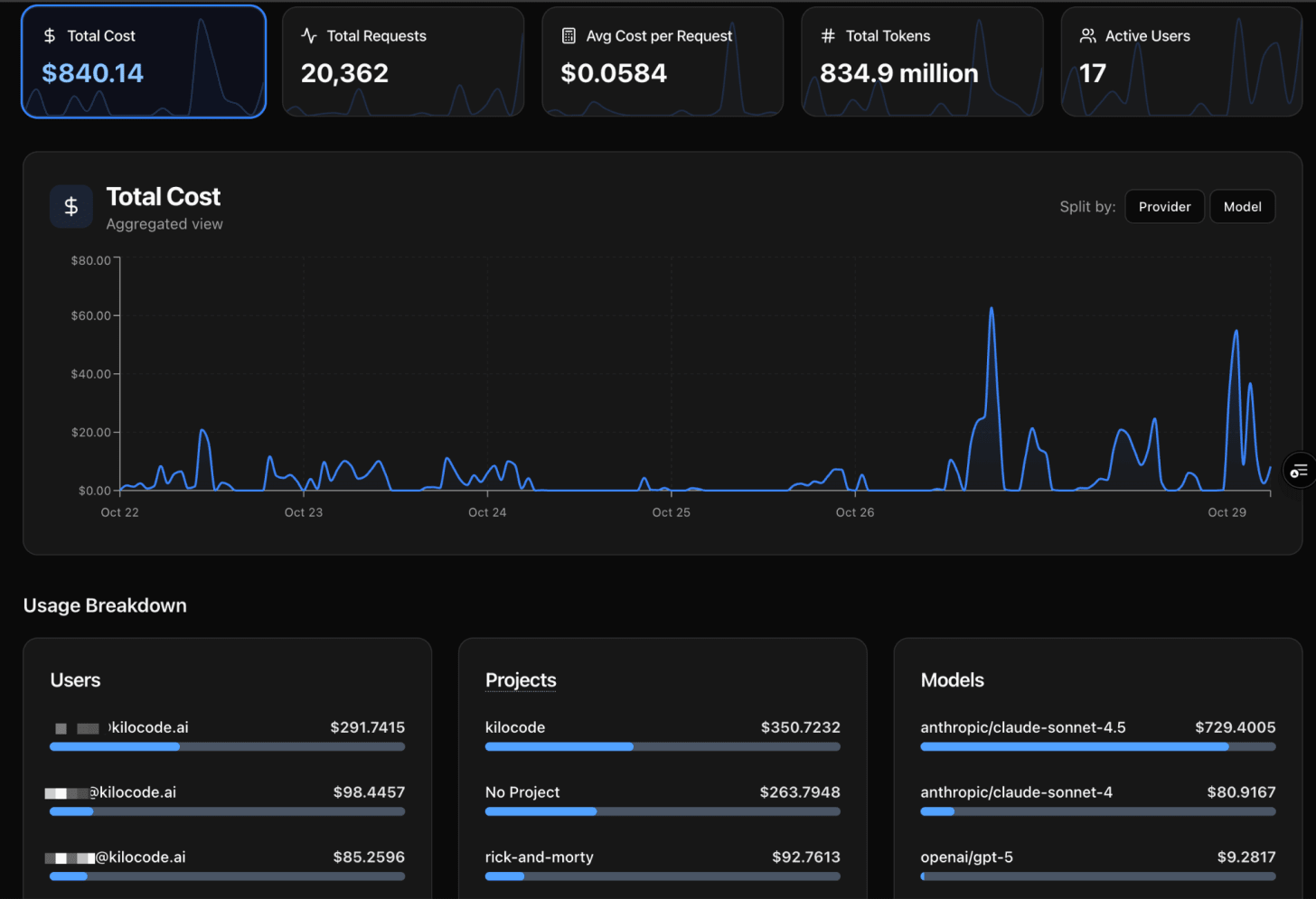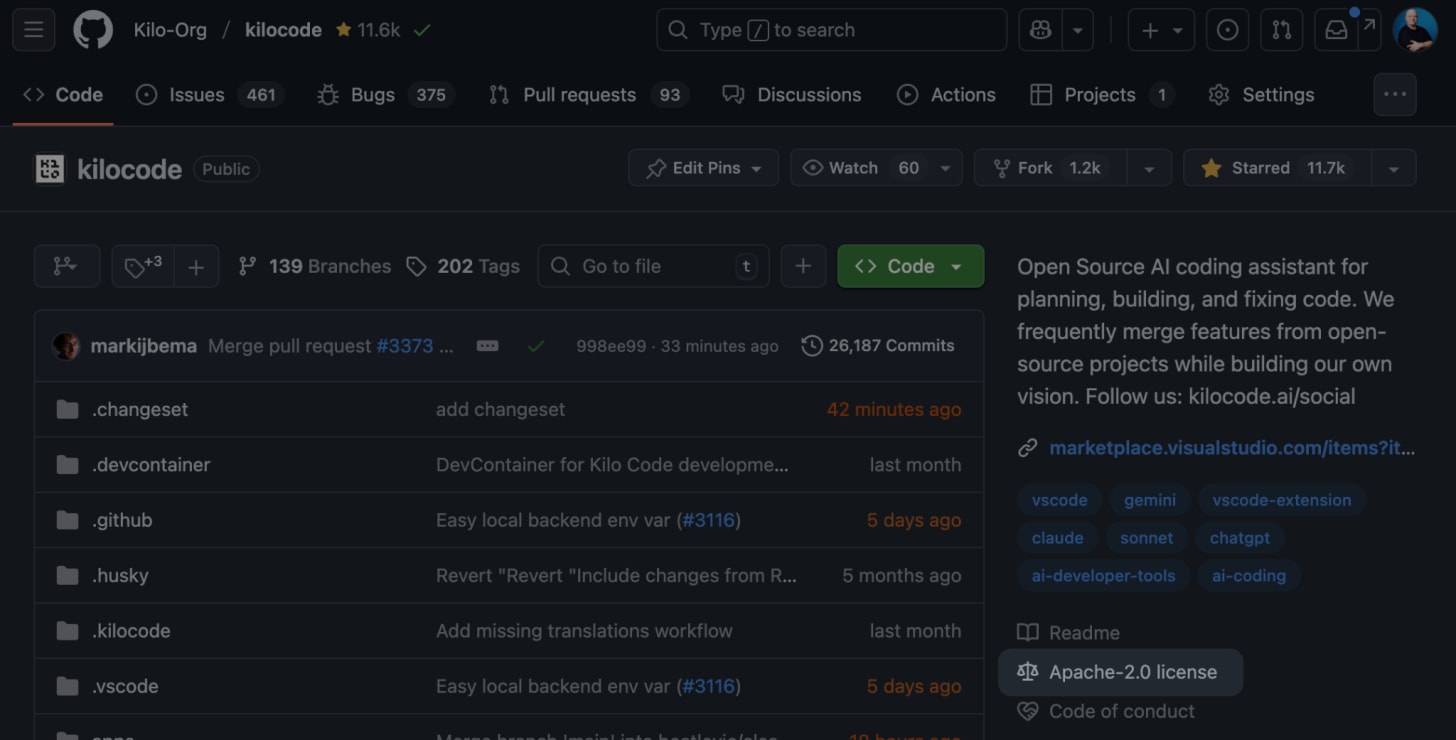Cursor’s pricing chaos is driving developers away. From 500 requests to “unlimited with limits” to $20 of mysterious usage credits — the constant changes have turned a productivity tool into a source of anxiety.
You migrated your workflow. Learned the shortcuts. Convinced your team. Now you’re hitting invisible limits mid-debugging session while the pricing model changes monthly.
The math doesn’t work. When companies sell $20/month subscriptions but burn hundreds in compute costs, users pay the price:
Rate limiting during critical work
Downgraded models unexpectedly
Shrinking context windows
“Premium requests” or some fake currency you can’t understand or predict
The broken economics of AI coding tools aren’t just annoying…they’re unsustainable. Companies bleeding money on compute will keep moving the goalposts, leaving developers to deal with the fallout. That’s where we want to help - by welcoming Cursor Refugees to Kilo Code.
We’re not interested in playing these games. If you and your team are ready to jump ship from Cursor’s pricing roller coaster, we’ve got your back.
Here’s the deal: Two months free for your entire team.
That’s right. Not a weekend trial. Not “14 days to figure it out.” Two full months to migrate your workflow, get comfortable, and actually see if transparent pricing works for you.
Sign up for a free 1-month trial of Kilo for Organizations.
Fill out our Cursor Refugee Form (we’ll need some proof you’re coming from Cursor — screenshot of your subscription, invoice, whatever)
We verify you’re a real Cursor customer (not trying to game the system)
Your whole team gets 60 days of Kilo for Teams at $0
After that, Teams features start at $29/user/month. You pay for AI usage at cost. We don’t charge a markup on your usage, no monthly subscriptions for usage. You either pay for usage directly to us, or to the model provider if you bring your own keys.
Just transparent, usage-based pricing where you pay for what you actually use.
Look, I could give you the whole marketing spiel, but you’ve heard enough promises. Here’s what actually matters:
You see every token. We show you exactly what models cost, what you’re using, and what you’re spending. No black box. No surprises at the end of the month.
Real usage analytics. See who’s using what, which models drive productivity, where you’re overspending. Build institutional knowledge around AI adoption instead of just hoping for the best.
No degraded experience. When you ask for Claude Sonnet 4.5, you get Claude Sonnet 4.5. Not some quantized version. Not a “slow pool” response. Not a silent switch to a cheaper model.
Open source core. Our VS Code extension is fully open source. When Cline adds context preservation, we get it. When Roo ships orchestrator mode, we ship it. The community moves fast, and so do we.
This offer is for teams genuinely moving from Cursor. We’re not trying to subsidize the entire internet here — we’re specifically helping teams stuck in Cursor’s pricing maze find a better way forward.
After your two-month trial, you can:
Continue with Kilo for Teams at $29/user/month
Use Kilo for Enterprise if you need more enterprise features (think SCIM, SLAs, etc.)
Drop down to individual accounts, pay for only your individual AI inference costs
Walk away, no hard feelings
We’re betting that once you experience transparent pricing and see your actual usage patterns, you won’t want to go back to the subscription lottery.
Stop playing pricing roulette. Stop wondering when the next “adjustment” will hit. Stop getting downgraded experiences wrapped in marketing speak.
Start your Cursor Refugee application
Your code deserves better than rate limits and pricing games. And frankly, so do you.
P.S. - Yes, we know Cursor just raised $900 million. That’s a lot of money to figure out pricing. Meanwhile, we’re over here just... charging what things cost. Wild concept, right?
.png)








